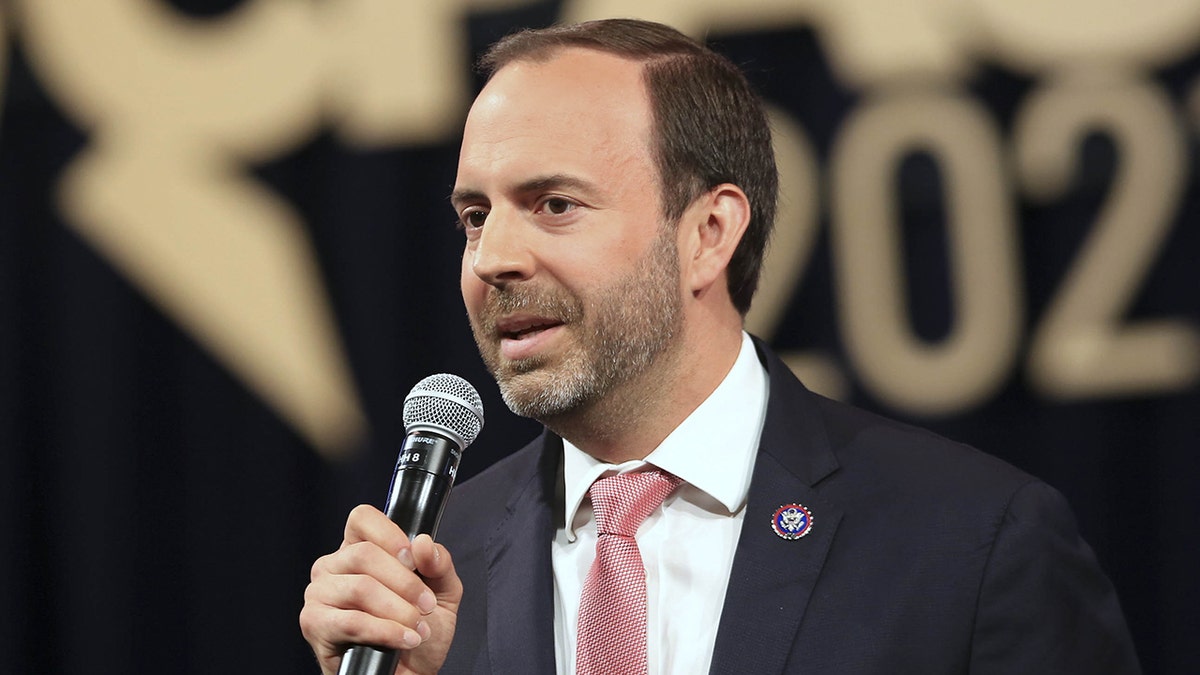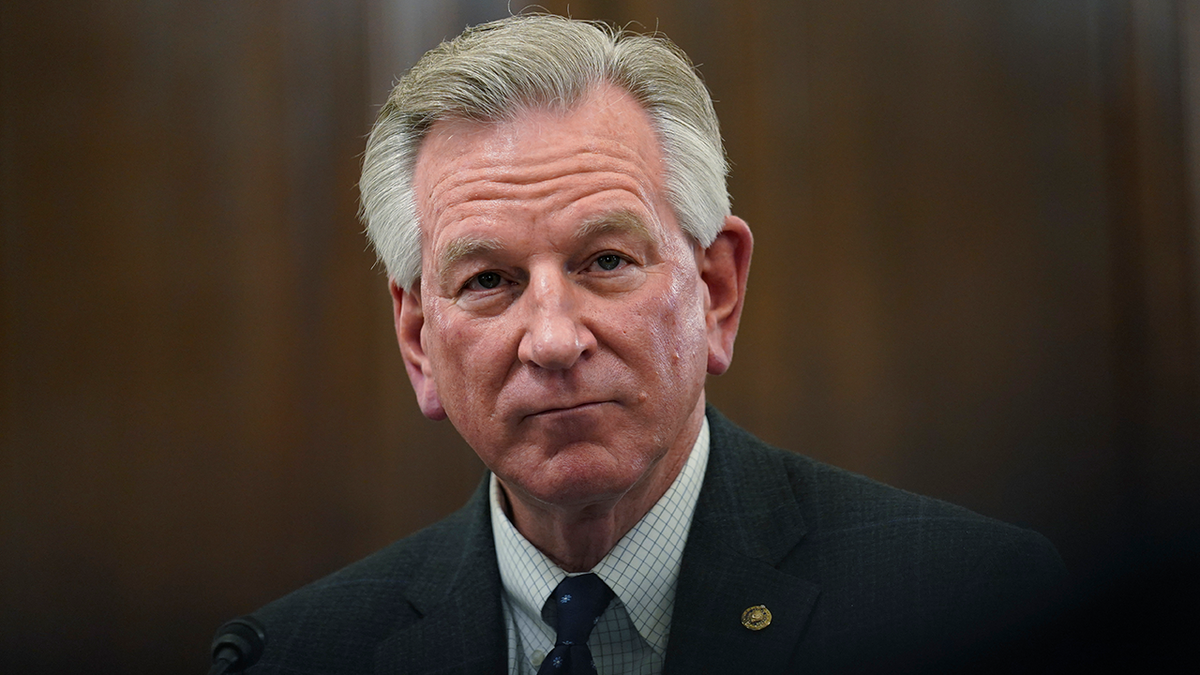Joe Concha rips Merrick Garland for claims that DOJ is 'nonpartisan': 'I see Eric Holder 2.0'
Fox News contributor Joe Concha responds to Attorney General Merrick Garland's claim that the DOJ is 'neutral' and 'nonpartisan' and weighs in on a Peter Strzok tweet claiming Trump should be prosecuted, but Biden should not.
FIRST ON FOX: Republicans in the House and Senate are introducing a bill to codify a Trump-era ban on legal settlements from the Justice Departments that involve payouts to third-party groups -- due to a fear that such payments go to "slush funds" at left-wing activist groups.
The Stop Settlement Slush Funds Act is being re-introduced by Rep. Lance Gooden, R-Texas, and Sen. Tommy Tuberville, R-Ala., and would ensure that whenever the federal government settles a lawsuit, monies only go to affected parties or to the Treasury.
The Trump administration barred such payments, which had taken off during the Obama administration, in 2017. Republicans had accused the Obama administration of negotiating settlements that included payments to outside groups that they said pushed partisan agendas in line with the administration.
Then-Attorney General Jeff Sessions banned such payments in 2017.
DOJ SEARCHES BIDEN DELAWARE BEACH HOME AMID CLASSIFIED DOCUMENT INVESTIGATION
"It has come to my attention that certain previous settlement agreements involving the Department included payments to various non-governmental, third-party organizations as a condition of settlement with the United States. These third-party organizations were neither victims nor parties to the lawsuits. The Department will no longer engage in this practice," he said.
However, in 2022, Attorney General Merrick Garland rescinded the memorandum, while also adding new guidelines to govern their usage -- including that projects should have "strong connection to the underlying violation or violations of federal law at issue in the enforcement action." But he said there were cases where such payments would be appropriate.

Representative Lance Gooden, a Republican from Texas, speaks during the Conservative Political Action Conference (CPAC) in Dallas, Texas, U.S., on Sunday, July 11, 2021. ." (Photographer: Dylan Hollingsworth/Bloomberg via Getty Images)
"For example, the harms caused by violations of federal environmental statutes, including harms to communities affected by environmental crime, can be difficult to redress directly in particular cases. In such circumstances, the Environment and Natural Resources Division has previously relied upon supplemental environmental projects, environmentally beneficial projects that a defendant has proposed and agrees to implement as part of the settlement of an enforcement action," he said.
But Gooden, who has cracked down on the link between government and non-governmental organizations, said that directing legal settlements to outside groups is "nothing short of legal extortion to fund the Biden Administration’s partisan agenda."
FBI SEARCHED PENN BIDEN CENTER IN MID-NOVEMBER, SOON AFTER CLASSIFIED DOCS DISCOVERED, SOURCES SAY
"Congress can no longer allow the Executive Branch to circumvent our Constitutional power of the purse to fund their activist pet projects and must pass my legislation to end this corrupt practice," Gooden, who is on the House Homeland Security Committee, told Fox News Digital.
"The practice of funneling settlement dollars to political activists is an unacceptable abuse of the system," Tuberville said. "If money is owed following a settlement agreement, every cent of that payout should go to those directly impacted by the defendants, or back to the Treasury."

Sen. Tommy Tuberville, R-Ala., listens during a Senate Agriculture, Nutrition, and Forestry Committee hearing on Capitol Hill in Washington, Thursday, March 11, 2021, on climate change. (AP Photo/Susan Walsh) (AP)
Tuberville had previously proposed the bill and told The Federalist he had been motivated by a settlement in the wake of the 2008 financial crisis where banks were forced to pay millions to community development groups, legal aid non-profits and other left-wing organizations.
CLICK HERE TO GET THE FOX NEWS APP
"Public servants should not be allowed to use their influence to line the pockets of individuals who share the political views of the current administration," he said.
The bill would not only bar such settlements, but would make allow those who violate the ban to be removed from office, and would also require agencies to report annually about the distribution of any funds from settlements.






